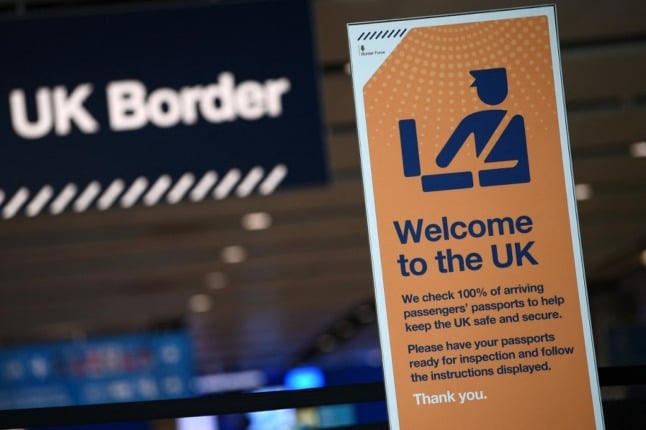The re-election of the Johnson government with a substantial majority effectively guarantees that the UK will leave the European Union on February 1st next year with an agreement with the EU.
Whatever our personal views about this outcome, the fact that a No-Deal exit is virtually ruled out now is a big relief. The Citizens' Rights part of the Theresa May Withdrawal Agreement remains unaffected by the Johnson renegotiation and will now form the basis upon which those of us living in Italy will continue to do so after January.
REMINDER: What the Brexit deal means for Brits in Italy
Most of us have been so worried about No Deal that we have forgotten the details of the Withdrawal Agreement. In short, from February until the end of December there will be a transition period during which our rights remain largely unchanged.
Unless the transition period is extended (which Johnson has promised he will not ask for), from January 2021 the detailed provisions of Part 2 of the Withdrawal Agreement will come into effect. These preserve most of our EU rights in Italy except for 'freedom of movement' – that is, our current right to move freely around the EU to live, work or study.
The other important right that is not preserved in the Withdrawal Agreement is that of the existing 'family reunion' right to return freely to the UK with our non-British families.
OPINION: 'Nothing can stop Brexit now, we will all feel foreign on February 1st'

Photo: Vincenzo Pinto/AFP
However, those of us who are legally resident here at the end of the transition period will keep our rights in Italy to reside, to work or run a business, our right to healthcare (including the S1 scheme) and social security, to aggregation of pension contributions made in several countries and to the recognition of any professional qualifications for which a recognition decision is made before the end of transition.
British in Italy has pressed for an early announcement by the Italian government on how these rights will be implemented.
READ ALSO:
- Healthcare after Brexit: What do Brits living in Italy need to do?
- How to swap your British driving licence for an Italian one
- No, marrying an Italian won't save you from Brexit
Most of the decreto Brexit which was passed earlier this year will not come into effect as it only applied in the case of No Deal. The one exception to this concerns applications for citizenship: the provision of the decreto which entitles UK citizens who have four years' residence at the date of Brexit – as opposed to the ten years required of third-country nationals – and who satisfy the criteria for Italian citizenship to apply at any time before the end of 2020 will still apply.
However, both affected UK citizens and officials at all levels of the public administration do now urgently need a clear statement on how in practice our Withdrawal Agreement rights are to be protected in this country and what steps we need to take to ensure that we get them. There are less than seven weeks before this new regime comes into force.
Find more information and support from British in Italy on their website or Facebook group.



 Please whitelist us to continue reading.
Please whitelist us to continue reading.
Member comments